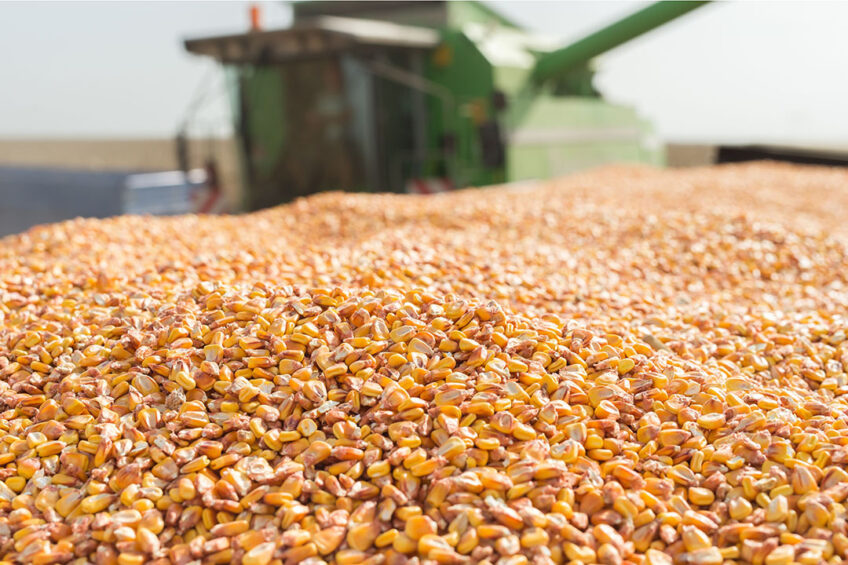Russian farmers welcome end to grain deal

Russian guild unions claimed they got no benefits from the Black Sea grain deal and expect an upward price rally on the global market now, since the accord has expired.
Suspending Russian participation in the Black Sea grain deal is the right decision – it should bolster prices for Russian wheat, Arkady Zlochevsky, president of the Russian Grain Union, told the local press. “We should not have agreed it in the first place,” Zlochevsky said, adding that the impact of the agreement on the Russian export was all but positive. For instance, the deal laid the foundation for a system in which Russian farmers had to sell their grain with a $10 to $20 discount to global prices.
“The prices will return to the fair levels, not right away, but the reasonable ground under this discount has diminished,” Zlochevsky stated.
Russian oil and fat union also anticipate an improvement in the global prices of sunflower meal and cake, Mikhail Maltsev, executive director of the oil and fat union, said. “Finally, Russia has pulled out of the economically non-profitable grain deal. Export prices should get back to a fair level,” Maltsev said, recalling that shortly after the UN-brokered agreement became operational global prices dropped from $2,000 to around $1,000.
On the other hand, some analysts pointed out some reasons why discounts on Russian agricultural commodities are still in place. “Technically, sanctions are not aimed at these products, but after the restrictions were introduced, particularly on our ships to [Western] ports, it was difficult for buyers to find a fleet, as it became more challenging to insure cargo,” Alexander Korbut, independent Russian market analyst told local publication Independent Gazette.
Ukraine is braced for the turmoil
Ukraine is likely to see an impact from the Black Sea grain termination soon. Timofei Milovanov, advisor to the Ukrainian presidential office, for example, he recalled that the seaport blockade proved to be a major blow for the Ukrainian farmers. He added that logistics issues resulted in farmers incurring roughly 30% of losses since the beginning of the conflict, and these losses were not directly related to hostilities.
On the domestic market, analysts expect a new drop in prices. In April-June 2022, Ukraine saw feedstuff prices plummet by 30% to 40% as the market struggled against oversupply, and farmers rushed to get rid of the grain in the warehouse in anticipation of the new harvest. The Black Sea grain deal essentially helped to mitigate that crisis.











